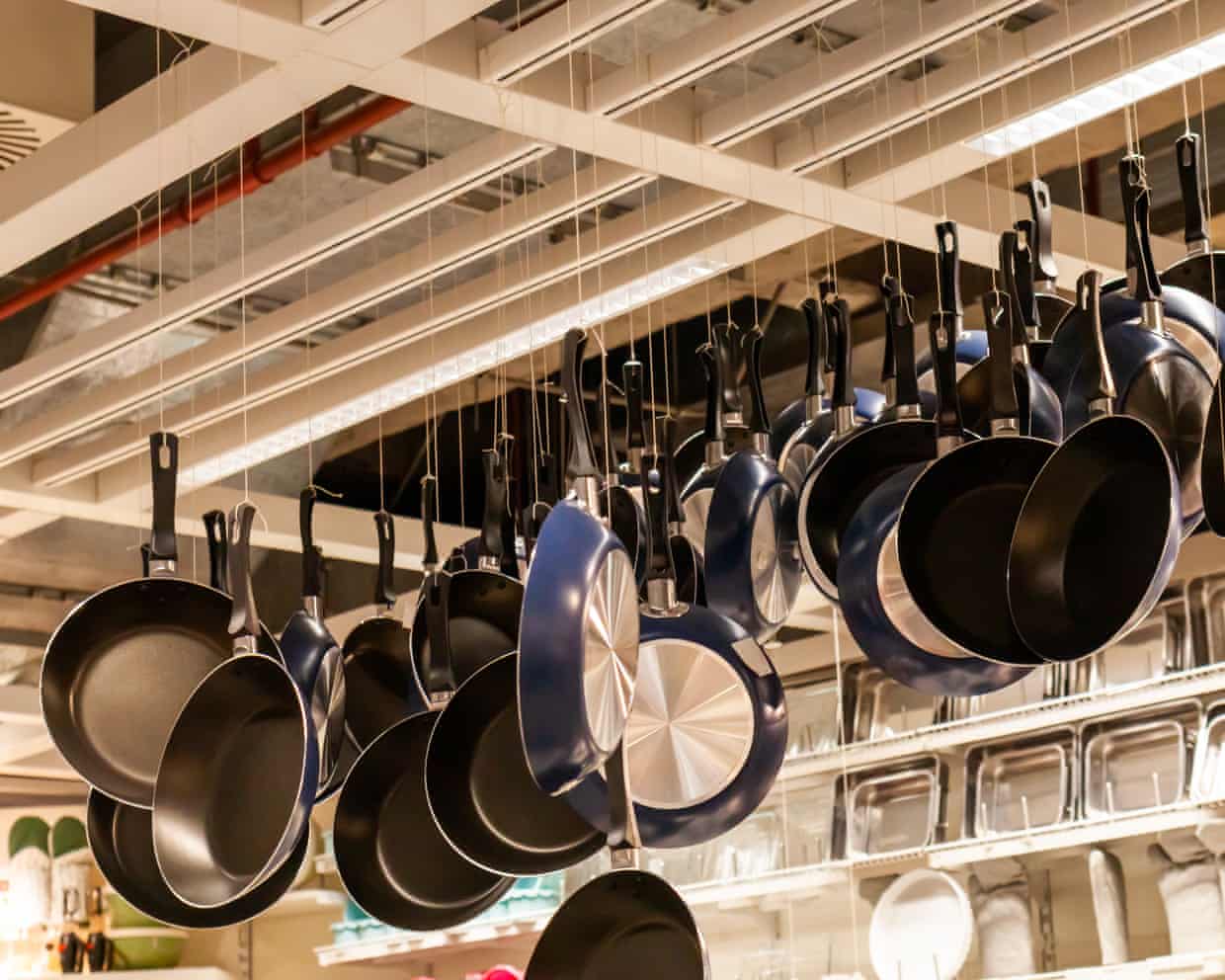Science
Researchers Win Ig Nobel Prizes for Unconventional Studies

In a celebration of quirky research, the 2025 Ig Nobel Prizes recognized a range of unconventional studies that blend humor with scientific inquiry. Among the awardees was a team led by Dr. Rotem Naftalovich from Rutgers University, who proposed a radical approach to weight loss by incorporating Teflon into food products. Their innovative idea aimed to reduce calorie intake by using powdered polytetrafluoroethylene (PTFE) as a filler in various foods.
Unique Approaches to Research
The Ig Nobel Prizes, presented at Boston University on March 2025, acknowledge research that first makes people laugh and then encourages deeper thought. This year’s winners included studies that ranged from alcohol’s effect on language skills to the surprising benefits of cows disguised as zebras.
Dr. Naftalovich and his brother David conceived the idea of using Teflon as a zero-calorie filler after discussing the concept of low-calorie drinks. In their paper published in Obesity Technology, they argued that PTFE could constitute up to 25% of food products by volume. Despite their enthusiasm, the U.S. Food and Drug Administration expressed reservations about reviewing the proposal due to its unconventional nature.
“I don’t think they wanted to review it because it was such a wonky idea,” Dr. Naftalovich commented on the FDA’s reluctance to engage with their research.
A Range of Award-Winning Studies
Other notable research recognized included a study by a German, Dutch, and British team who found that a small amount of vodka can enhance foreign language skills. Dr. Fritz Renner, a psychologist at the University of Freiburg, noted that a sip of alcohol seemed to boost confidence without significantly improving language proficiency.
Meanwhile, the aviation prize went to researchers who studied the effects of ethanol on Egyptian fruit bats, concluding that intoxicated bats experienced impaired echolocation, akin to the speech slurring seen in humans.
Food-related studies dominated the awards. A pediatric prize was awarded for research showing that a mother’s garlic intake influenced the flavor of breast milk, leading to longer feeding times for babies. An Italian team received the physics prize for their analysis of the phase transition in the popular pasta dish, cacio e pepe, that causes clumping.
Additionally, a study from Japan found that rainbow lizards displayed a strong preference for “four cheeses” pizzas, earning them the nutrition prize. Indian researchers were recognized for developing a shoe rack that neutralizes odors from trainers using a UV lamp.
The psychology prize went to work revealing that individuals who believed they had above-average intelligence were more prone to bragging. This finding underscores the impact of self-perception on behavior.
Lastly, the literature prize was awarded posthumously to Dr. William Bean from the University of Iowa, who meticulously documented the growth of his fingernails and toenails over 35 years. His son, Bennett, reflected on his father’s dedication to understanding the world, stating, “He would have loved this and used it as an event to write some perfect acceptance speech.”
The Ig Nobel Prizes continue to spotlight the lighter side of scientific exploration, demonstrating that humor and inquiry can coexist in the pursuit of knowledge.
-

 Education3 months ago
Education3 months agoBrandon University’s Failed $5 Million Project Sparks Oversight Review
-

 Science4 months ago
Science4 months agoMicrosoft Confirms U.S. Law Overrules Canadian Data Sovereignty
-

 Lifestyle3 months ago
Lifestyle3 months agoWinnipeg Celebrates Culinary Creativity During Le Burger Week 2025
-

 Health4 months ago
Health4 months agoMontreal’s Groupe Marcelle Leads Canadian Cosmetic Industry Growth
-

 Technology3 months ago
Technology3 months agoDragon Ball: Sparking! Zero Launching on Switch and Switch 2 This November
-

 Science4 months ago
Science4 months agoTech Innovator Amandipp Singh Transforms Hiring for Disabled
-

 Education3 months ago
Education3 months agoRed River College Launches New Programs to Address Industry Needs
-

 Technology4 months ago
Technology4 months agoGoogle Pixel 10 Pro Fold Specs Unveiled Ahead of Launch
-

 Business3 months ago
Business3 months agoRocket Lab Reports Strong Q2 2025 Revenue Growth and Future Plans
-

 Technology2 months ago
Technology2 months agoDiscord Faces Serious Security Breach Affecting Millions
-

 Education3 months ago
Education3 months agoAlberta Teachers’ Strike: Potential Impacts on Students and Families
-

 Science3 months ago
Science3 months agoChina’s Wukong Spacesuit Sets New Standard for AI in Space
-

 Education3 months ago
Education3 months agoNew SĆIȺNEW̱ SṮEȽIṮḴEȽ Elementary Opens in Langford for 2025/2026 Year
-

 Business4 months ago
Business4 months agoNew Estimates Reveal ChatGPT-5 Energy Use Could Soar
-

 Technology4 months ago
Technology4 months agoWorld of Warcraft Players Buzz Over 19-Quest Bee Challenge
-

 Business3 months ago
Business3 months agoDawson City Residents Rally Around Buy Canadian Movement
-

 Technology2 months ago
Technology2 months agoHuawei MatePad 12X Redefines Tablet Experience for Professionals
-

 Business3 months ago
Business3 months agoBNA Brewing to Open New Bowling Alley in Downtown Penticton
-

 Technology4 months ago
Technology4 months agoFuture Entertainment Launches DDoD with Gameplay Trailer Showcase
-

 Technology4 months ago
Technology4 months agoGlobal Launch of Ragnarok M: Classic Set for September 3, 2025
-

 Technology4 months ago
Technology4 months agoInnovative 140W GaN Travel Adapter Combines Power and Convenience
-

 Science4 months ago
Science4 months agoXi Labs Innovates with New AI Operating System Set for 2025 Launch
-

 Top Stories2 months ago
Top Stories2 months agoBlue Jays Shift José Berríos to Bullpen Ahead of Playoffs
-

 Technology4 months ago
Technology4 months agoNew IDR01 Smart Ring Offers Advanced Sports Tracking for $169










